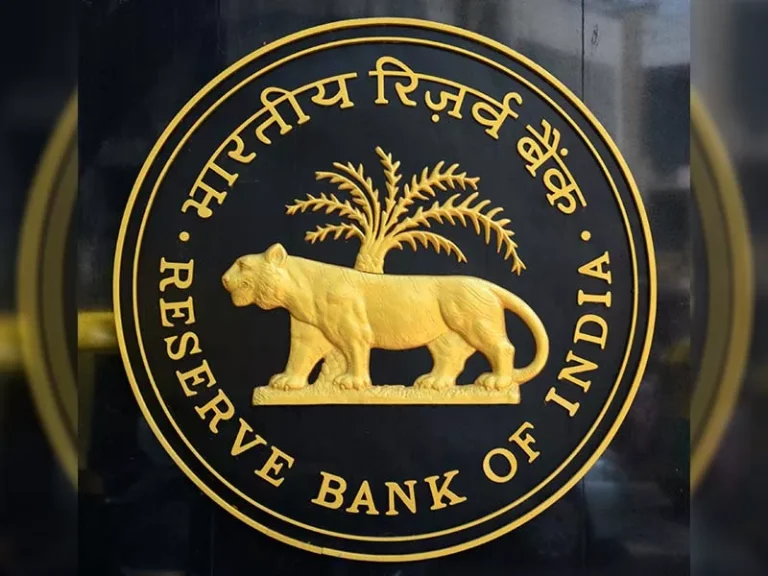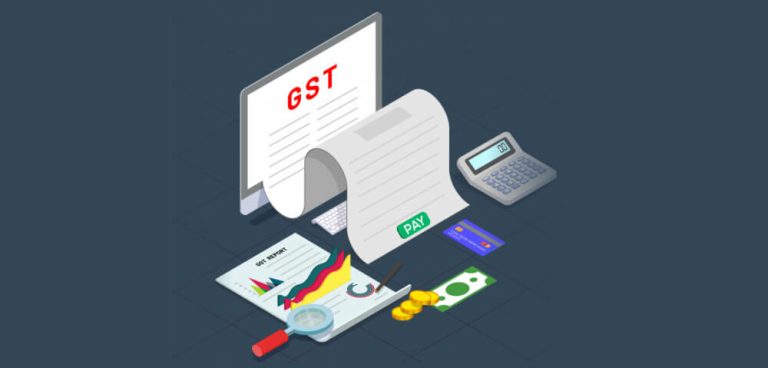New Delhi, 5 September 2023 – In a significant move aimed at enhancing transparency and accountability in the real estate sector, the Real Estate Regulatory Authority of Delhi (Delhi RERA) has now made it mandatory for developers to register their commercial real estate projects, even if the intention is to lease the space rather than sell it. This decision has far-reaching implications for the real estate industry, particularly for developers and tenants of office and retail spaces.
Previously, developers were required to register their projects with RERA if the development exceeded 500 square metres or involved more than eight units for sale. However, Delhi RERA has clarified that this registration requirement now extends to commercial projects intended for lease as well.
Delhi RERA Chairperson Anand Kumar emphasised, ‘The definition of allottee in the RERA Act is clear and covers property given on rent as well. In Delhi, many government bodies lease land to developers who, in turn, lease it further. In such cases, RERA registration is now mandatory.’
This move comes in response to the increasing trend of developers leasing commercial properties, such as office and retail spaces, for both short and long terms. Prominent real estate players like Bharti Realty have announced plans to create approximately 6.5 million square feet of office and retail space as part of the second phase of Aerocity’s development, all of which will now fall under the ambit of RERA.
Even Delhi Metro, which leases land to developers like Eldeco, Pacific, and Unity Group, will need to adhere to the new registration requirement. Harsh Vardhan Bansal, Chairman of CII Delhi Sub-Committee on Infrastructure, Real Estate & Urban Development and Co-Founder of Unity Group, stating, ‘Most developers who lease property do so for the short term, usually after the building’s completion. The primary objective of RERA is to ensure timely delivery to buyers, which may not be applicable in lease agreements. In long-term leases, RERA registration may be mandated, but in short-term leases, it should not be required’.
Section 3 of the RERA Act, 2016, clearly stipulates that all real estate projects developed in the National Capital Territory (NCT) of Delhi, falling under certain categories, must be registered with RERA. These categories include projects developed on plots larger than 500 square metres for sale or lease, projects involving the construction of more than eight flats, apartments, floors, shops, or commercial units for sale or lease, and projects encompassing plotting on areas exceeding 500 square metres for sale or lease.
Delhi RERA has also issued a stern warning, stating, ‘Non-registration of such projects can invite penalties of up to 10% of the estimated project cost or imprisonment for up to 3 years, or both’.
Gagan Randev, Executive Director of India Sotheby’s International Realty, lauded the move, saying, ‘This adds transparency and strengthens the real estate sector in Delhi. These reforms hold the potential to significantly enhance the market conditions for both investors and tenants, fostering a more favorable environment.’
This regulatory change is expected to have a profound impact on the Delhi real estate market, ensuring greater accountability and transparency in the leasing of commercial real estate projects. Developers, tenants, and investors will need to adapt to this new requirement, which aims to protect the interests of all stakeholders in the industry.
When enquired about this with our legal experts, they mentioned ‘This recent development by Delhi RERA to mandate registration for leased commercial real estate projects is a significant step towards ensuring transparency and compliance in the sector. It underscores the authority’s commitment to safeguarding the interests of both developers and tenants. For businesses looking to lease commercial spaces in Delhi, timely RERA registration is now essential.
Further they added ‘At Vakilsearch, our experienced team can guide you through the intricacies of compliance, ensuring a smooth transition into this new regulatory framework, and helping you navigate the evolving real estate landscape with confidence.











